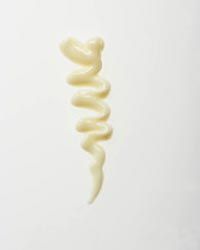Dry, scaly skin and all-over itchiness can make you uncomfortable in your own skin. Luckily, you can combat that feeling by adding one simple step to your skin care regimen -- moisturize.
A daily coating of lotion or cream can mean the difference between dull skin and smooth, supple skin. Moisturizers can treat dry skin, protect sensitive skin and even improve tone and texture. In fact, moisturizing year-round can help improve the quality and appearance of your skin. Moreover, the right moisturizer can provide relief to cracked, itchy skin during winter months.
Advertisement
Moisturizers often include one or both of two specific types of ingredients: humectants and emollients. Humectants such as alpha hydroxy acids, glycerin and urea work by absorbing water from the air around you and drawing it into your skin. Emollients include ingredients like lanolin, mineral oil or petrolatum, which fill in spaces between skin cells to smooth the appearance and feel of rough, dry skin [source: Mayo Clinic].
To find a moisturizer that will be the most beneficial to you, you need to consider your skin type. Use a water-based product if you have normal or oily skin, an oil-based moisturizer for dry or mature skin, and a product free of fragrances and dyes for sensitive skin [source: Mayo Clinic]. Once you find something that works, stick with it. However, if it starts to fall short, don't hesitate to find something new. For example, during the winter months, you might find that your skin is super dry and the lotion you loved all summer just isn't doing the trick. So, for the winter months, you might consider a richer product like a body cream. Just be careful to review the ingredients and continue to consider your skin type. If you have oily skin, that doesn't preclude you from taking advantage of a heavier cream during the winter. Just make sure it's made up of noncomedogenic ingredients (things that won't clog your pores) like avocado oil, almond oil or mineral oil [source: Davis].
When it comes to moisturizers, other than selecting products suited to your skin type and avoiding ingredients you're allergic to, there are no fixed rules. You should try a variety of products until you find one that leaves your skin feeling fresh and silky smooth.
Finding the right product is only one part of moisturizing. Timing is also key -- keep reading to find out when to moisturize.
Advertisement

